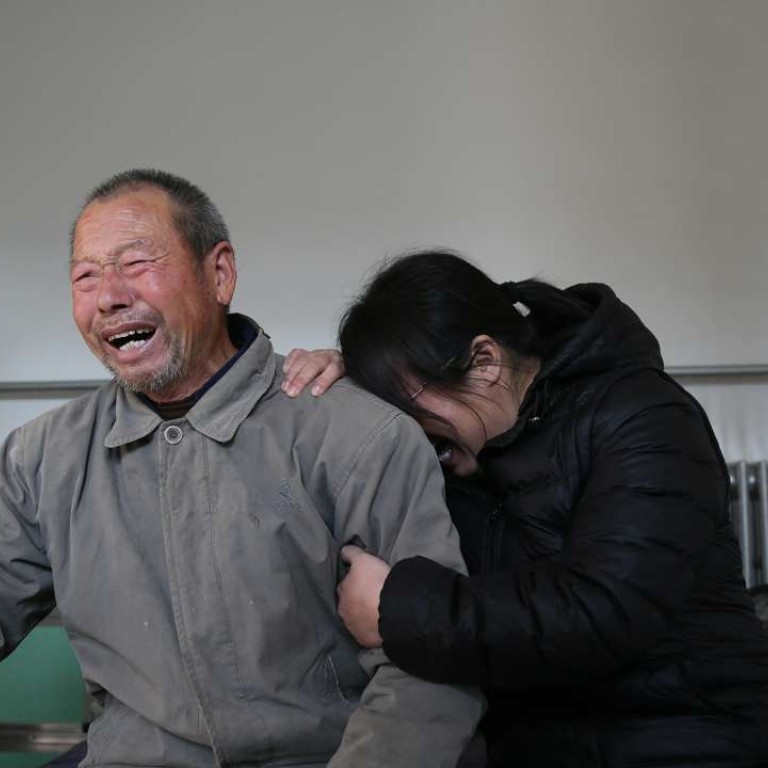
Man executed for rape, murder 21 years ago cleared by China’s highest court
The overturning of Nie Shubin’s conviction comes after another executed man was cleared on the mainland two years ago
A young man executed for rape and murder in China more than two decades ago has finally been cleared by the country’s highest court, righting a wrong that has exposed deep flaws in the criminal justice system.
The Supreme People’s Court on Friday overturned the guilty verdict on Nie Shubin, a farmer from Hebei province who was convicted in March 1995 of raping and murdering a woman in Shijiazhuang in Hebei province.
Nie, then 21, was put to death in April that year after Hebei province’s highest court dismissed his appeal.
But 10 years later, a man arrested for another crime, Wang Shujin, confessed to the murder that Nie was convicted of carrying out, creating a public outcry.
The high court in Hebei then promised to review the case, but little progress was made for the next nine years despite repeated petitions by Nie’s family. They demanded a retrial to exonerate him.
Legal scholars also condemned the court’s lack of action.

The Shandong court then recommended that the Supreme Court conduct a review after it found no adequate evidence showing that Nie had committed the crimes.
The Supreme Court decided in June this year to review the case.
A second circuit court in Liaoning province then ruled on Friday that the original conviction had been made based on “unclear facts” and a lack of evidence, overturning the initial verdict and finding Nie not guilty.
It said the transcripts of Nie’s interrogation and other documentary evidence were missing, and the provincial court did not follow relevant standards when identifying evidences, which raise grave doubts over the authenticity of Nie’s confession.
Nie’s mother Zhang Huanzhi posted on social media to thank everybody who had helped in the case.
Zhang, who was in court to hear the ruling, told the Beijing Times she was very satisfied with the ruling.
“This is the day I’ve been waiting for and this is the result I’ve been wanting, but no matter how good the result is, I’ve lost my son, after all. My son will never be back,” she was quoted as saying.
“This is what’s causing me the greatest pain, this justice came way too late.”
Zhang was told by the Supreme Court that she could apply for state compensation from the Hebei provincial high court.
The Hebei provincial high court apologised to Nie’s family on Weibo, saying that it would obey the Supreme Court’s ruling and deal with their application for state compensation according to law. It also promised to investigate whether the original trial had broken the law.
China’s judicial system has long been criticised for lacking independence, with government officials regularly steering court decisions and cases of prosecutors extracting “confessions” through police torture.
The Inner Mongolia Higher People’s Court exonerated another young man two years ago who was also executed for rape and murder almost 20 years earlier.
Huugjilt, then 18, was killed by firing squad in 1996, but another alleged serial rapist and killer confessed to the crime in 2005.

